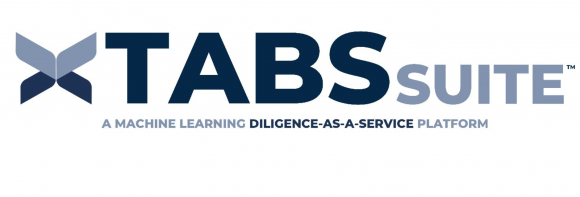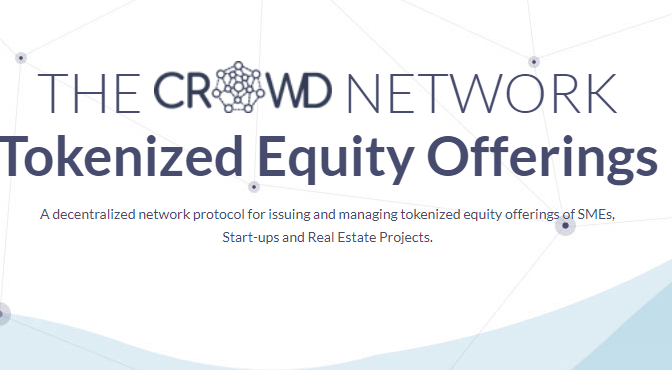
MOUNTAIN VIEW, Calif., United States, 20-Jul-2020 — /EPR FINANCIAL NEWS/ — TABS Score™Â has just deployed their newest addition to the suite of products available on their Diligence-as-a-Service (DaaS) platform – TABS | EU Assessment, (available in both Lite and Suite versions). The rollout was strategically timed to complement the rapidly increasing requests by TABS’ existing European (and those that focus on Europe as a market) customers, as there are quite a few differences in terms of rules, processes, and regulations that European ventures face differently than US-based startups. The new model entails the addition of several nested decision trees to augment the already-powerful nucleus of the Machine Learning algorithm, as well as a new ESG, regulatory, and analytics sections to properly address the differences between American and European resources, financing, policies, accounting practices and more. The EU version of the Assessment will mirror the US Assessment in functionality and output but will provide comparative analytics between them and their counterparts on the global market and allow companies to complete the Assessment in a language of their preference.
Mayflower Ventures, a micro-fund being formed by Wall Street Veteran Marshall Sterman, has already made the decision to integrate a Diligence-as-a-Service as part of their investment process which pitching to investors for the fund.
“Both the committed and prospective LPs love the fact that instead of asking for higher management fees to hire an analyst team in house, we are making smart lateral decisions to use a powerful software like TABS to strengthen and accompany our own internal diligence processes,â€Â Sterman says.
As TABS expands to Europe and subsequently, their footprint across the globe, they will soon be modifying the assessment to meet the needs of ventures in other venture hotspots as well, the APAC region being the first. The comprehensiveness and ever-evolving nature of the TABS Score and its customizable solutions has made the Fin-Tech company one of the most sought-after Diligence-as-a-Service providers, with accolades coming from founders, investors, accelerators, and consultants (legal, accounting, fundraising, etc.)
TABS has already gained significant traction in the US markets, partially attributable to the Covid-19 virus and the cancellations of physical meetings. Engineered by successful serial entrepreneurs and veteran seed investors, the TABS Suite, which includes the TABS Score & Valuation assessment, has helped investors assess the viability of a business, significantly augmenting their diligence process in a fraction of the time and cost. Early-stage companies on the other hand increase the probability of attracting the attention of a potential investor by proactively going through the process.
SOURCE: EuropaWire



